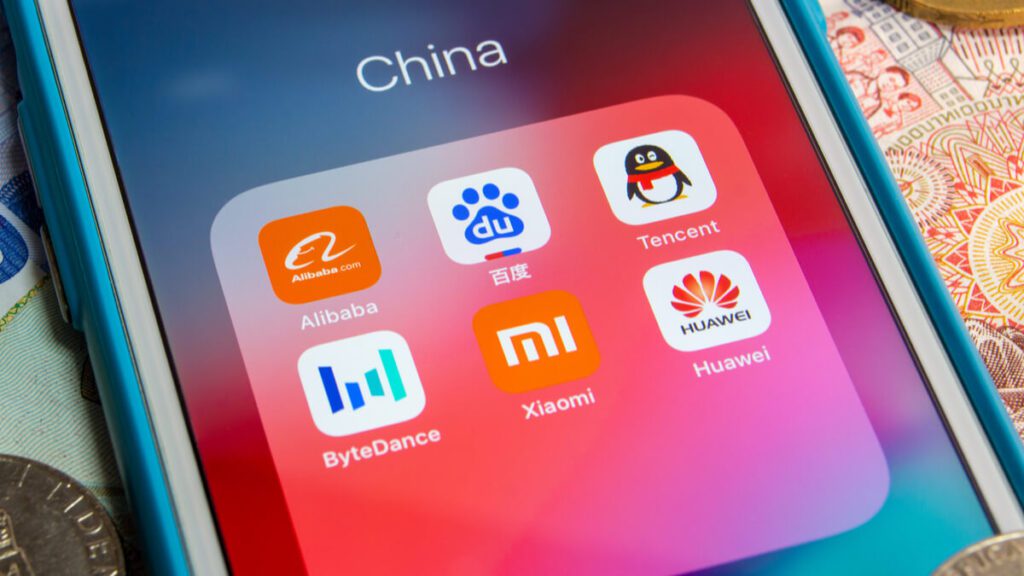
China aims to keep its tech industry under a tight noose, as the country’s market regulator released new and stricter rules to boot out monopolistic practices on Sunday, primarily targeting its tech giants.
The new legislation – issued by the State Administration for Market Regulation (SAMR) – will cement an earlier anti-monopoly draft law which was released back in November 2020, as it sheds light on monopolistic practices the regulator intends on quenching.
SAMR aims to curb anti-competitive behaviors within the Chinese market, including sharing sensitive consumer data, forming alliances that squeeze out smaller rivals and subsidizing below-cost services to eliminate competitors, take effect immediately, according to a statement from the regulator.
Naturally, these anti-monopoly laws will increase pressure on China’s leading Internet services, such as e-commerce sites and Alibaba Group’s Taobao and Tmall marketplaces or JD.com. They will also cover payment services like Ant Group’s Alipay or Tencent Holding’s WeChat Pay.
The rules will also touch up on halting companies from price fixing, restricting technologies, as well as using data and algorithms to manipulate the market.
SAMR published the anti-monopoly laws onto its website, forbidding companies from a range of behavior, including forcing merchants to choose between the country’s top internet players, a long-time practice in the market.
The latest guidelines would “stop monopolistic behaviors in the platform economy and protect fair competition in the market,” according to SAMR.
The notice was accompanied with a Q&A highlighting that Internet-related anti-monopoly behaviors have been on the rise, as it was facing challenges policing the industry. “The behavior is more concealed, the use of data, algorithms, platform rules and so on make it more difficult to discover and determine what are monopoly agreements,” the Q&A said.
The new rules reinforce China’s tight noose on its tech giant as it changes its previous loose approach. Back in December 2020, the Chinese regulator began probing Alibaba Group over the suspension of the $37 billion initial public offering plan of its payment affiliate, Ant Group.
In parallel, SAMR had warned the tech titan over several shady practices such as forcing merchants to sign exclusive cooperation pacts over rival platforms.
“Suspected monopolistic behaviors in the platform economy have emerged in recent years in which the strong get stronger,” the statement by the Chinese watchdog said. “China is implementing the antitrust rules to create a fair and competitive market environment,” it added.
It is worth mentioning that the speed of which these new anti-monopoly laws have been drafted, with previous antitrust law governing the automobile industry taking years to finalize. However, the new set of guidelines comes as no surprise since China’s Politburo – the top decision-making body of the Communist Party – had previously vowed late last year to bolster its anti-monopoly efforts in 2021.